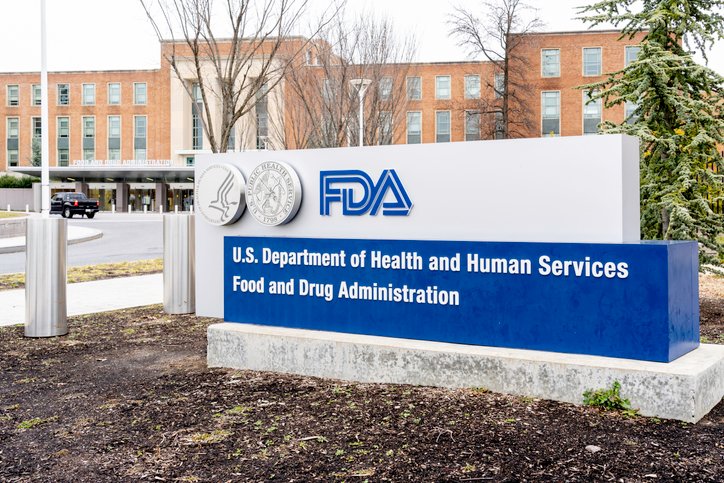A Louisiana physician has been sentenced to 87 months in prison for his role in a massive scheme to illegally distribute over 1.8 million doses of highly addictive opioids and defraud health care benefit programs of more than $5.4 million. Dr. Adrian Dexter Talbot, 59, of Slidell, was convicted on multiple charges, including conspiracy to unlawfully distribute controlled substances and health care fraud, following a trial in the Eastern District of Louisiana.
According to court documents and evidence presented at trial, Talbot owned and operated Medex Clinical Consultants (Medex), a medical clinic in Slidell that became a hub for illegal drug distribution. The clinic accepted cash payments from individuals seeking prescriptions for Schedule II controlled substances, including oxycodone, hydrocodone, and morphine. Talbot routinely ignored clear signs that his patients were drug-seeking or abusing the medications he prescribed.
In 2015, Talbot took a full-time job in Pineville, Louisiana, but continued to fuel the illegal operation by pre-signing prescriptions for opioids and other controlled substances. These prescriptions were distributed to individuals at the Slidell clinic without Talbot ever examining or even meeting them. In 2016, Talbot hired another practitioner who, under his direction, also pre-signed prescriptions in exchange for cash payments deposited into the clinic’s bank account.
To cover his tracks, Talbot falsified patient records to make it appear as though he had conducted proper examinations. Many of these individuals used their insurance benefits to fill the prescriptions, resulting in fraudulent billing to health care programs, including Medicare, Medicaid, and Blue Cross Blue Shield of Louisiana.
On July 22, 2024, a jury found Talbot guilty of one count of conspiracy to unlawfully distribute and dispense controlled substances, four counts of unlawfully distributing and dispensing controlled substances, one count of maintaining a drug-involved premises, and one count of conspiracy to commit health care fraud.
“Dr. Talbot’s actions not only violated the law but also endangered countless lives by flooding communities with highly addictive opioids,” said Supervisory Official Antoinette T. Bacon of the Justice Department’s Criminal Division. “This sentencing sends a clear message that those who exploit their medical licenses for personal gain will be held accountable.”
The investigation and prosecution of Talbot were the result of a coordinated effort by multiple agencies, including the Department of Health and Human Services Office of Inspector General (HHS-OIG), the Department of Veterans Affairs Office of Inspector General (VA-OIG), the FBI, and the Louisiana Attorney General’s Office.
“Health care fraud and the illegal distribution of opioids are serious crimes that undermine the integrity of our health care system and put lives at risk,” said Special Agent in Charge Jason E. Meadows of HHS-OIG. “We will continue to work with our law enforcement partners to root out these schemes and protect the public.”
Talbot’s case highlights the devastating impact of the opioid crisis, which has claimed hundreds of thousands of lives across the United States. By illegally distributing over 1.8 million doses of opioids, Talbot contributed to a public health crisis that continues to ravage communities.
“This case is a stark reminder of the dangers posed by those who abuse their positions of trust,” said Louisiana Attorney General Liz Murrill. “We are committed to holding individuals like Dr. Talbot accountable and ensuring that our health care system serves the needs of patients, not the greed of criminals.”
The sentencing of Dr. Talbot serves as a warning to medical professionals who may be tempted to exploit their positions for financial gain. “The FBI and our partners will not tolerate the illegal distribution of controlled substances or the defrauding of health care programs,” said Acting Special Agent in Charge Stephen A. Cyrus of the FBI New Orleans Field Office. “We will continue to pursue those who put profits above the well-being of their patients.”
As Talbot begins his 87-month prison sentence, the case underscores the importance of vigilance and collaboration in combating health care fraud and the opioid epidemic. For the communities affected by Talbot’s actions, the sentencing represents a step toward justice—and a reminder of the work still to be done.



